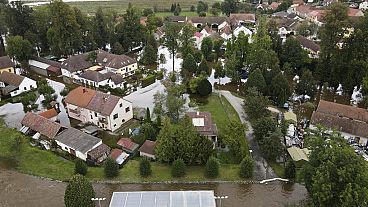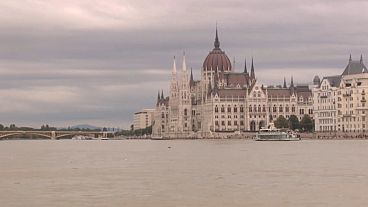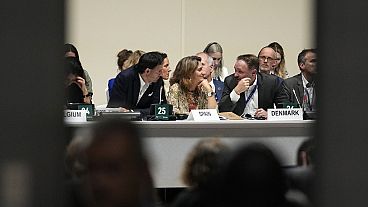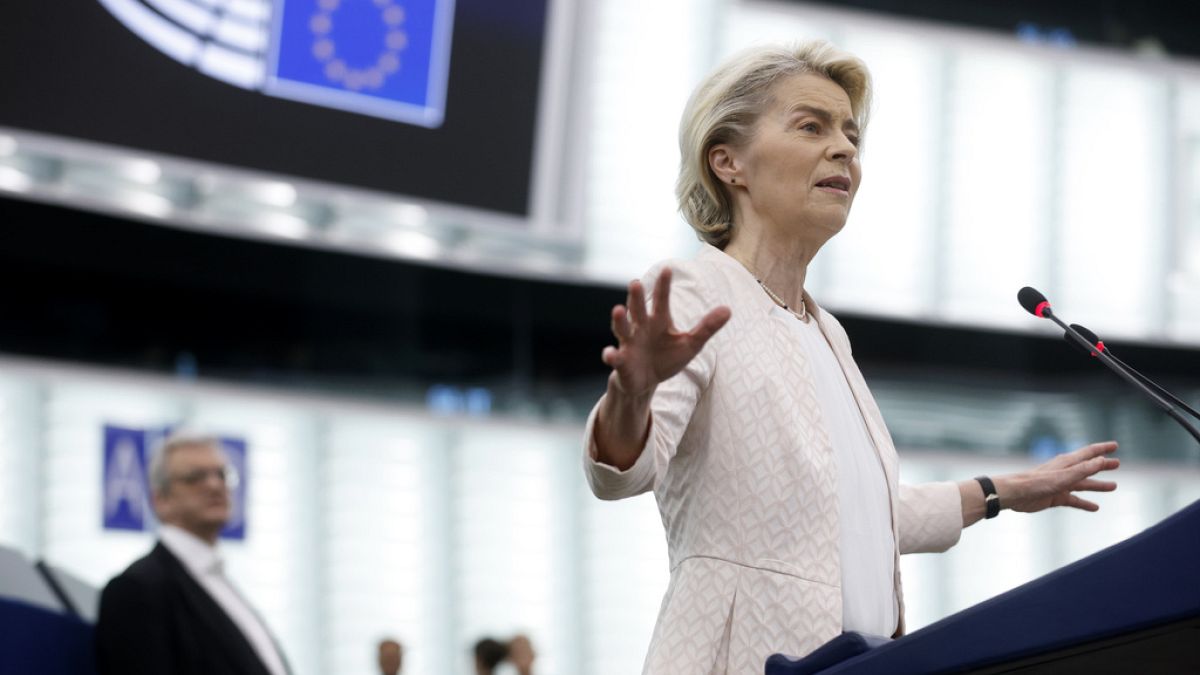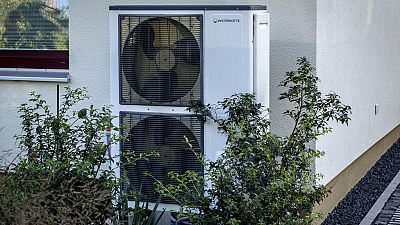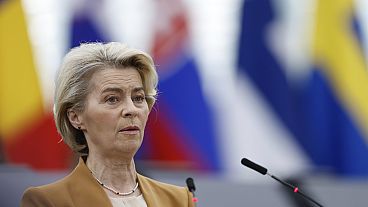The European Commission is considering a market-based system to encourage farmers and industry to conserve nature and restore lost biodiversity by putting a price on ecosystems.
The EU must create new financial tools to reward farmers who contribute to reversing biodiversity loss and climate breakdown, European Commission president Ursula von der Leyen said today (13 September).
“We need new financial tools to compensate farmers for the extra costs of sustainability and compensate them for taking care of the soil, the land, the water and the air,” von der Leyen said.
“It is time to reward those who serve our planet,” she said at a conference in Munich, which came just a week after the conclusion of a ‘strategic dialogue’ on the future of farming in Europe, launched amid growing unrest over EU environmental policy.
Farmers are front line victims of climate change and biodiversity loss, while at the same time “agricultural structures and practices can fuel these crises”, the re-elected president of the EU executive said.
“We need new financial tools, to compensate farmers for the extra costs of sustainability, and compensate them for taking care of land, water, and air,” she said. “It is time to reward those who serve our planet.”
Von der Leyen – who sparked controversy in recent months by rescinding key environmental policy proposals amid rowdy street protests by farmers in Brussels and across the EU – has pledged to present a roadmap for the future of farming in Europe within the first 100 days of her second mandate, which is due to begin in November.
Her comments today build on the strategic dialogue report published on 4 September, which was unanimously endorsed by environmental groups, farmers’ unions and lobbyists and other stakeholders, which calls for a “substantial annual increase” in the portion of direct payments to farmers under the Common Agricultural Policy that are linked to environmental action.
Von der Leyen hinted at a market-based system of ‘nature credits’ that could also be applied beyond the agricultural sector.
“Take a water company for which the health of a spring is a vital asset. Or take a fruit company that relies on the essential work of pollinators. They could use nature's credits to reward local communities and farmers who provide ecosystem services so we can create a market for restoring our planet,” she said.
“I know it sounds almost too good to be true, but we know that with the right standards, it can be done,” she said, pointing to the EU’s emissions trading system where operators of power plants and factories have to buy tradeable allowances to cover every tonne of carbon dioxide they emit, a system in place for two decades.
“Work is already ongoing in the United Nations and in the European Commission to define a global standard for nature credits, because these have to be true nature credits and no greenwashing,” von der Leyen said, before closing on a personal note: “Since I was a little girl, 70% of all wildlife has disappeared.”
A spokesperson for the European Commission subsequently declined to go into detail about “work in progress”, noting only that von der Leyen had briefly broached the same topic at the COP28 climate summit in Dubai last year, where she suggested that “nature credits” could be used to reward African countries for preserving their rainforests.
If her audience in Munich were in any doubt about the scale of the crisis facing Europe and the planet, Johan Rockström of the Potsdam Institute for Climate Impact Research followed the Commission president with a stark warning that climate breakdown was not only due to greenhouse gas emissions.
“I can tell you, science is clear today that the ultimate determinant, what regulates the stability of the planet, its ability to stay in a desired equilibrium state is nature,” Rockström said, suggesting that action of biodiversity and climate made sense even if purely pragmatic.
“This is a point where we need to wake up and fundamentally veer off this disaster path, even if it's focused only on jobs, economy and security – because this is about jobs, economy and security.”

